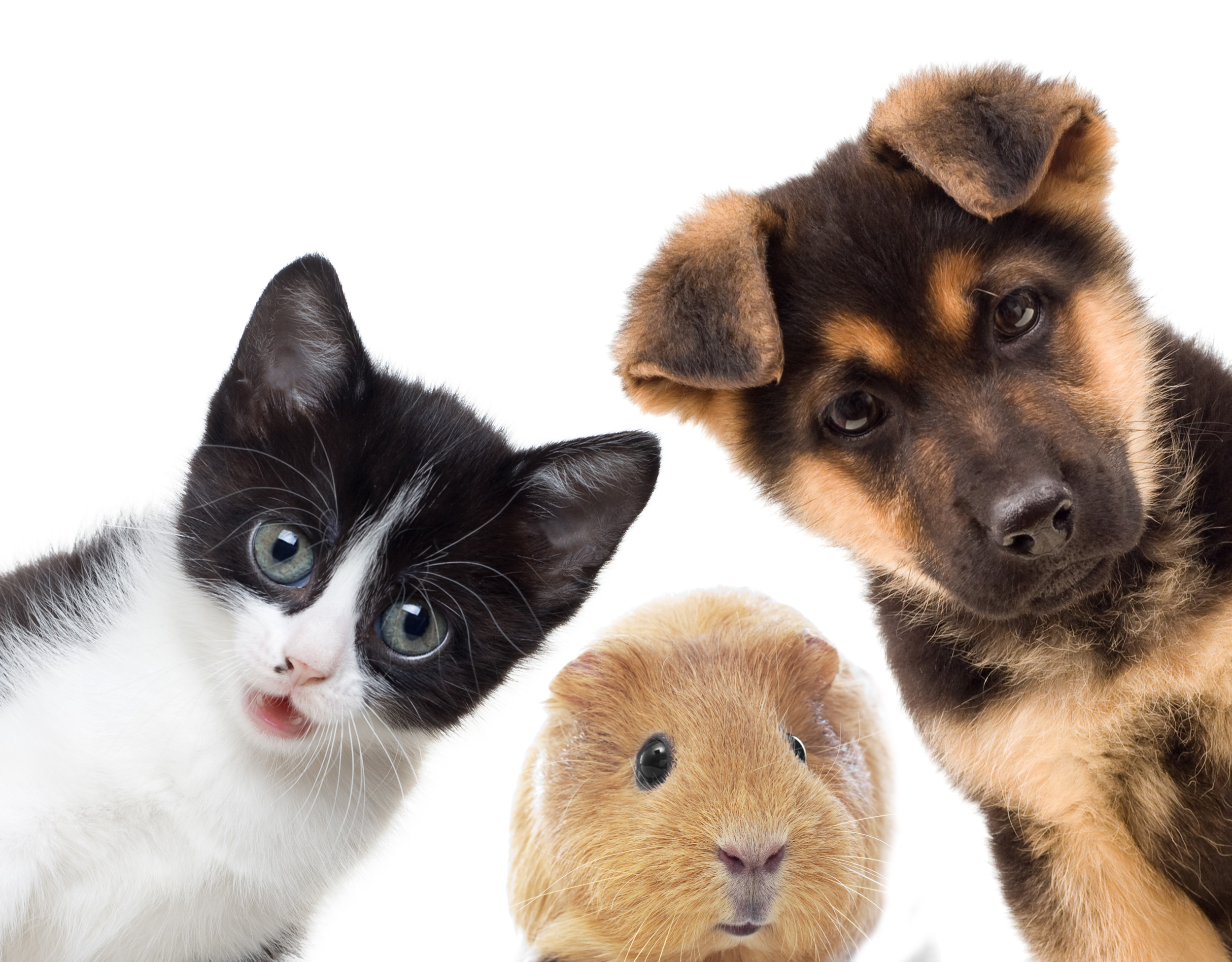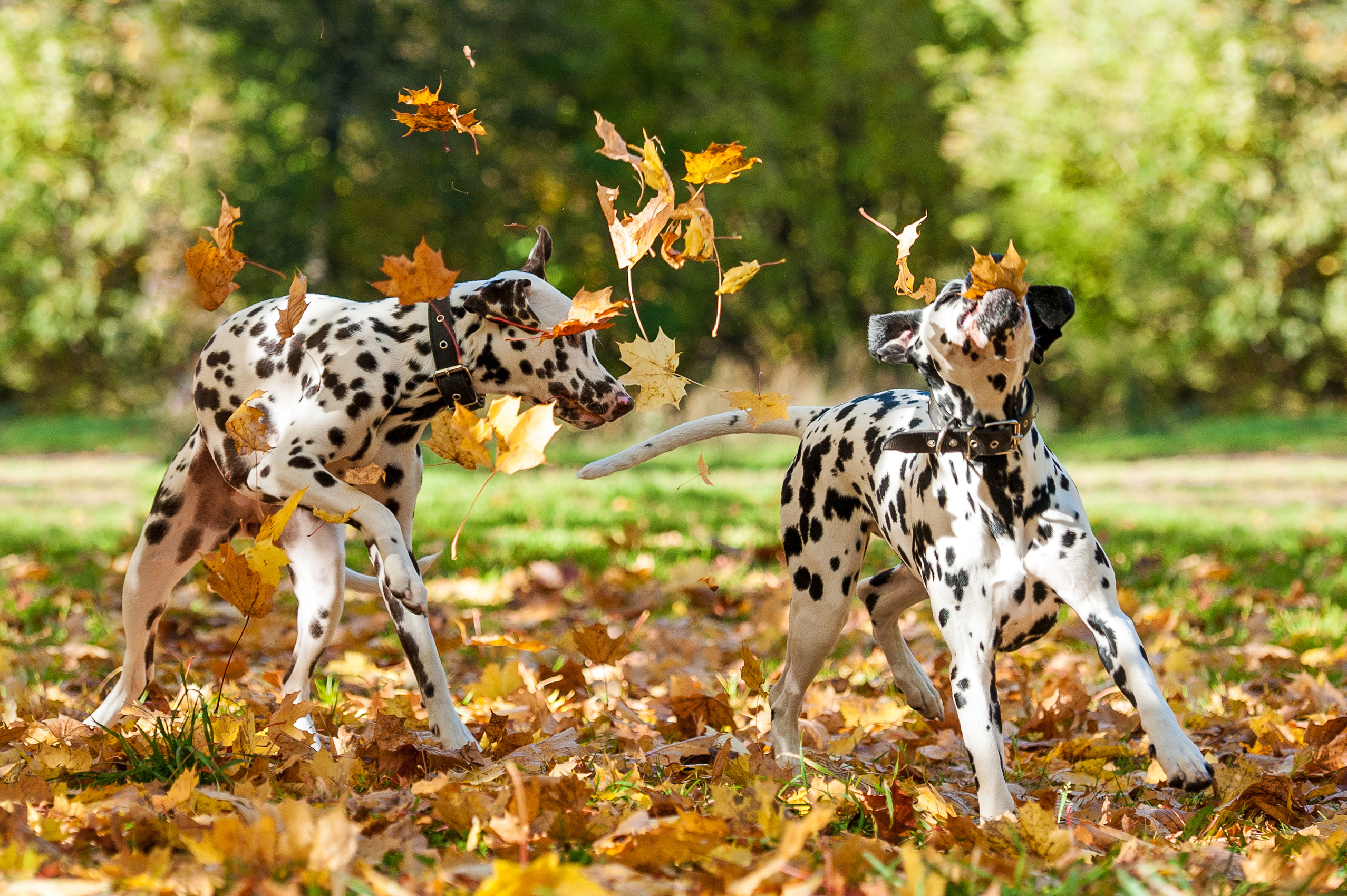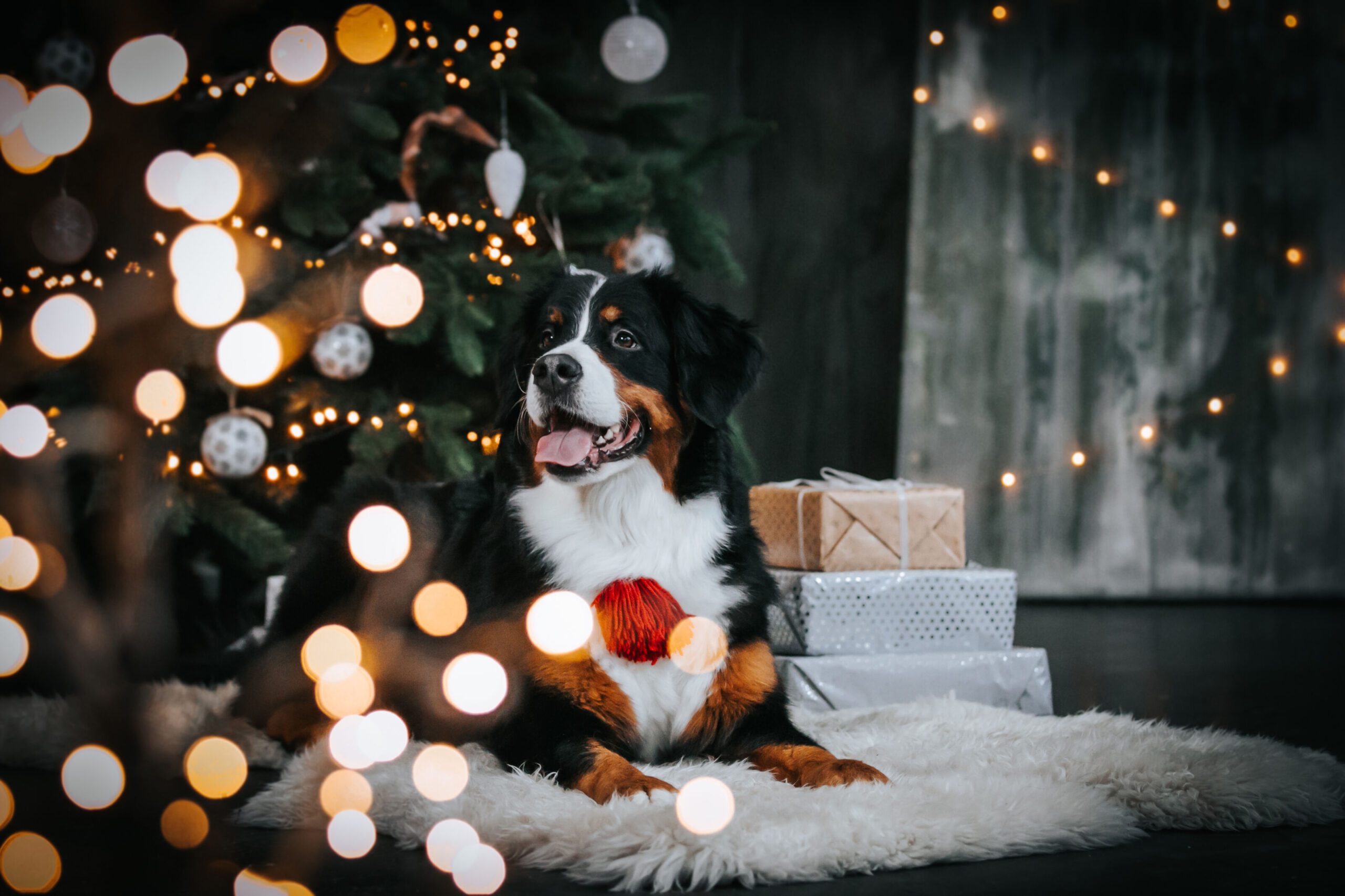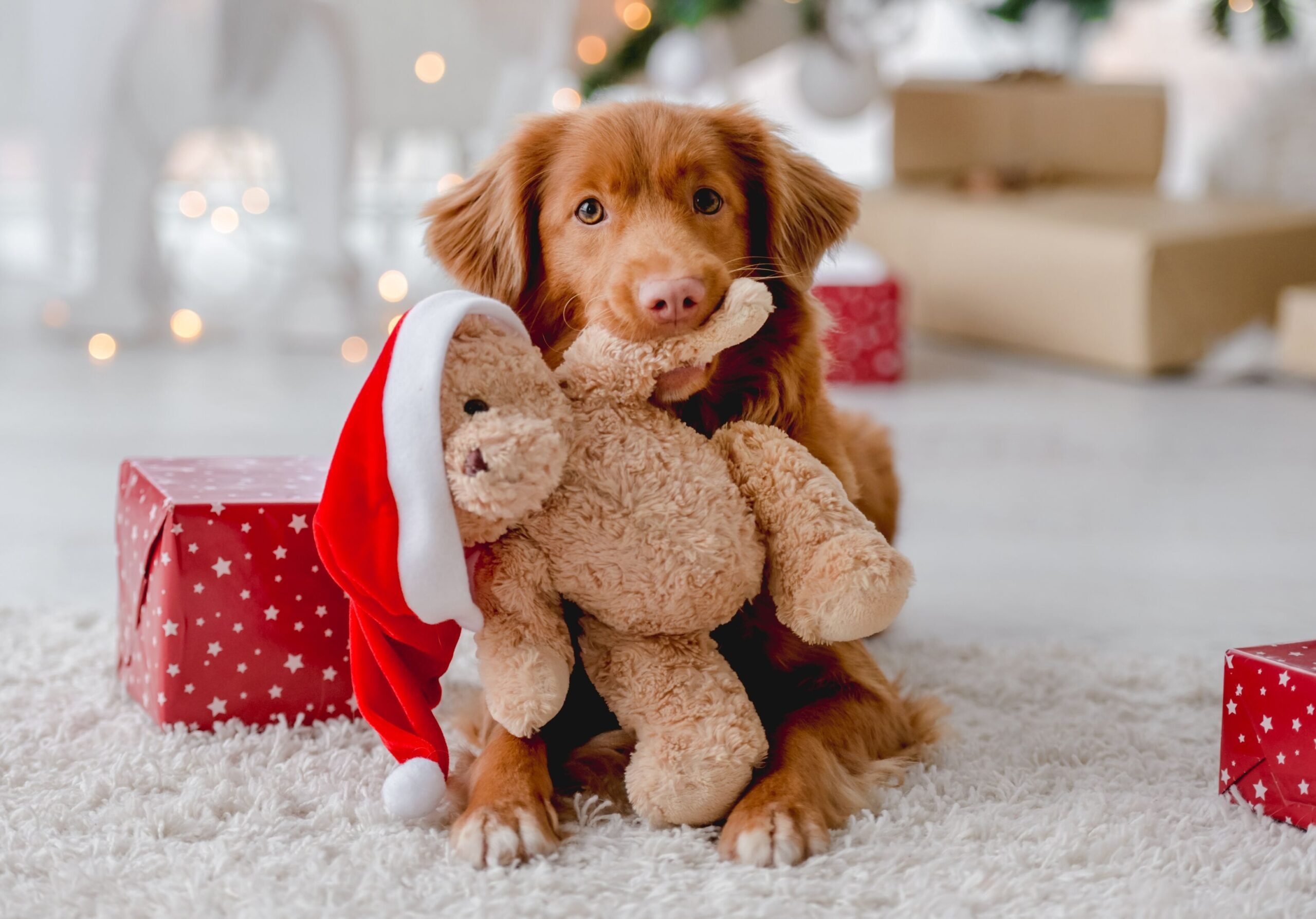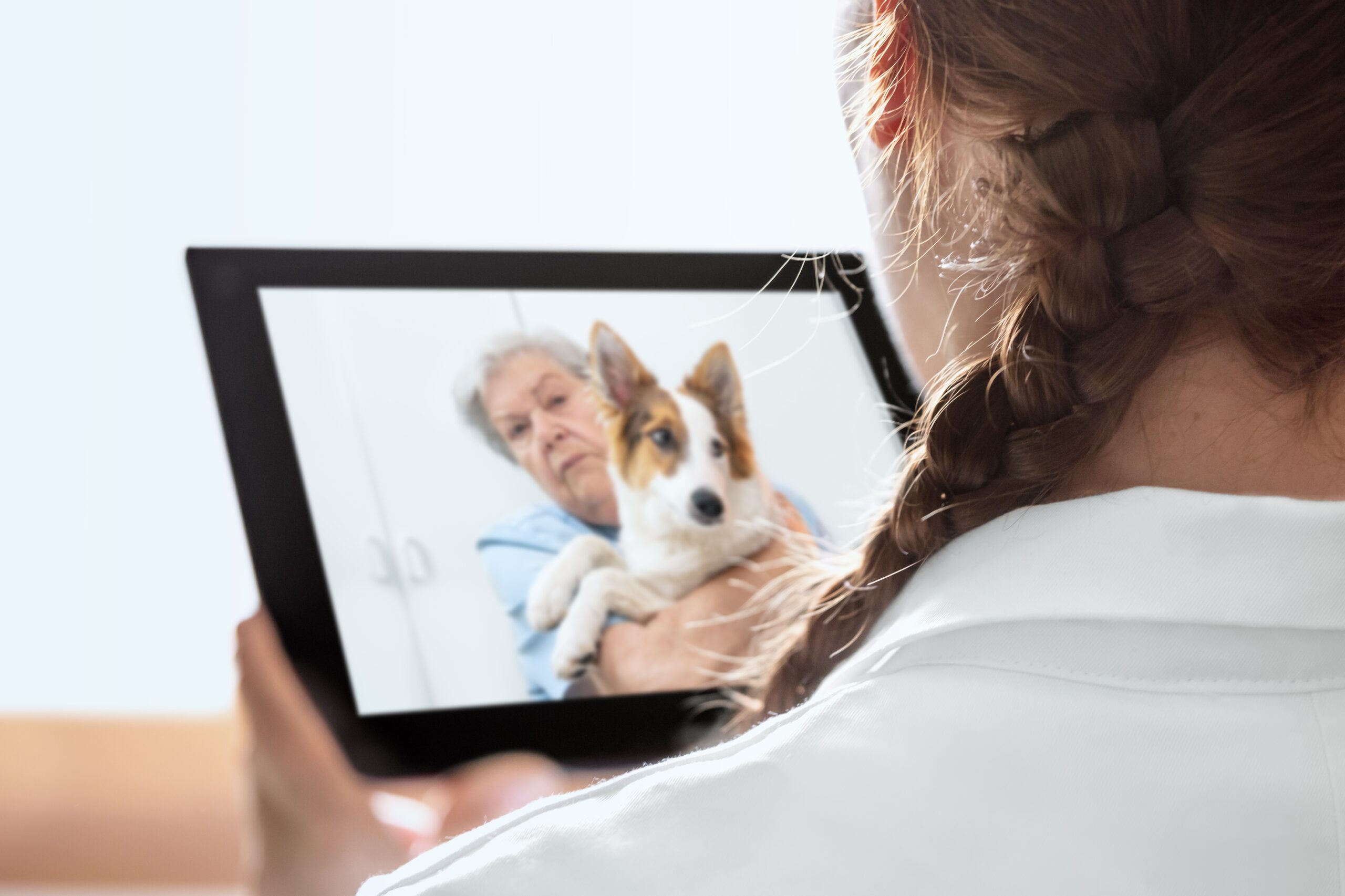Firework Anxiety – Dogs
With Firework’s night fast approaching, many of us will be worrying about how our dogs are going to cope. Research has shown that 80% of owners report significant changes in their pet’s behaviour during this season. Nearly half of pet owners say that their dog is scared of fireworks.
In nature, loud noises are often a sign of danger, so dogs have evolved to be afraid of them. Dogs also have a much better sense of hearing than us. Fireworks will be louder, and they will be able to hear them from much further away. Bright flashing lights can also upset your dog. Many displays often going on at once, this can be disorientating and frightening. Pets cannot predict where the next noise will come from. Although primarily lit to celebrate bonfire night in the UK, fireworks are also used in Diwali, New Years and many wedding celebrations. This can make it much harder to predict when they may go off. This can be particularly stressful if your dog reacts badly to them. There are ways to help or even prevent this fear which we will cover below.
How to tell if your dog fears fireworks
Whether your dog will show a “fight or flight” response, and the extent to which they will be affected will depend on their breed, their personality and their past experiences. If your dog has reacted to fireworks in the past, or is reactive to other loud noises (e.g., thunderstorms, lorries, etc), it is highly likely they will show a reaction again.
Signs your dog may show.
- Shivering and trembling
- Excessive barking
- Trying to escape
- Pacing
- Howling/crying
- Excessive panting
- Licking, chewing and drooling
- Seeming particularly clingy
- Hiding and avoiding contact
- Trying to escape
How to help – Before the day
If you have a new puppy, or a dog that has not experienced fireworks before then it is a really good idea to introduce them to the sound of fireworks in a calm and controlled manner. The sooner you can start this training the better. Ideally several months before. It will ideally be part of your puppy’s socialisation plan whilst they are between 3 and 16 weeks old. There are many different desensitisation programs available online, but they all work in a similar way.
Desensitisation
- Introduce the sounds when your dog is relaxed and calm. Your dog should barely be able to hear the sounds at first and shouldn’t react beyond an initial ear twitch. The sessions should be kept to one or two minutes at first, and the volume should be kept the same for a few days. The aim is to build up to playing the sounds for five minutes at a time, several times each day.
- Increase the volume gradually once you are confident that your dog is not showing any reaction. Each increase in volume should only be slight and should then be kept at that level for a few sessions to allow your dog to get used to it again. Continue to increase the volume over another few days until it is at a moderate level.
- Introduce a chew or Kong toy. Once your dog is happy listening to the sounds, you can give them a chew or food filled Kong toy as soon you start the recording playing. This will help them to associate the noise of fireworks with a treat
- Keep going with the above steps until your dog is confident listening to the recording at a fairly loud volume. This can take weeks to months depending on the dog, but it is important to take your time and not try to hurry the process. If your dog starts to seem concerned by the noise, or stops chewing/playing to listen to it, then reduce the volume again to the level they were previously happy with. Once they have had another few sessions at this level then you can try increasing the volume again.
If your dog has a fear of fireworks, speak to your vet or behaviourist. You could also discuss this with one of our Registered Veterinary Nurses.
Top Tip
In the lead up to fireworks night, it is also important to ensure that all microchip details are up to date. Research shows that there is a 100 per cent increase in dogs going missing during the fireworks season. Be sure to check that your house and garden are also secure.
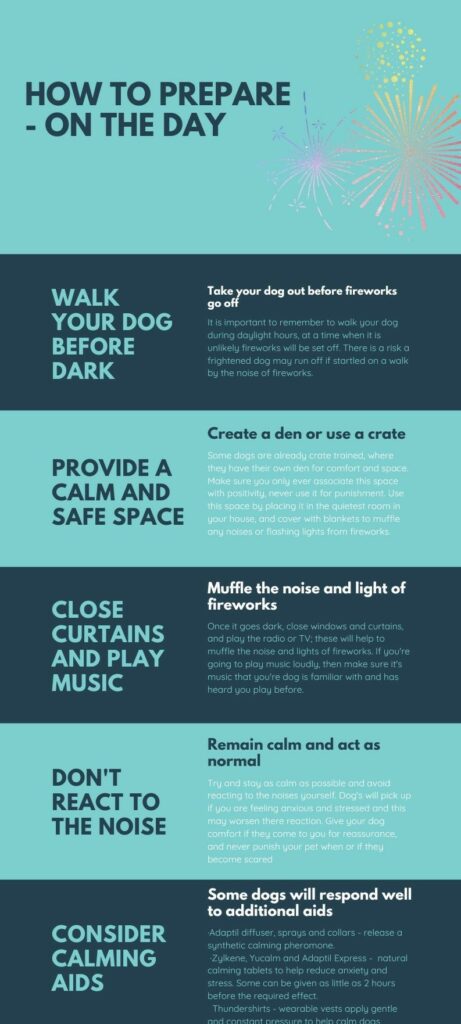
If your dog still reacts badly to the fireworks this season, then further help may be required from a veterinary professional or a behaviourist. It is always better to prepare for fireworks as early as possible, so it may be worth starting training with them straightaway, with the hope that they will be more relaxed next year. Although fireworks can be a source of fear and distress for a lot of dogs, with planning and training, it is possible to improve things for most dogs.

